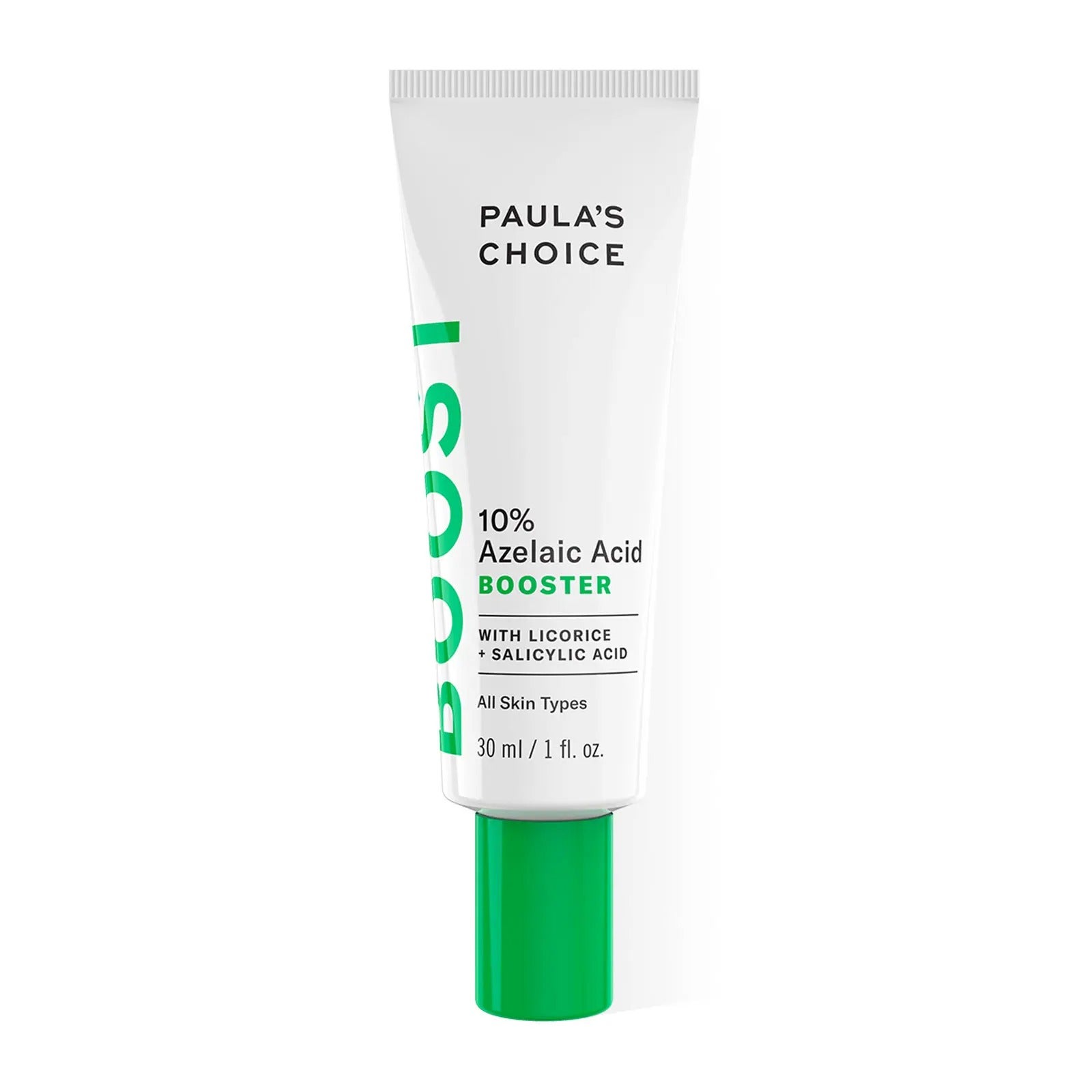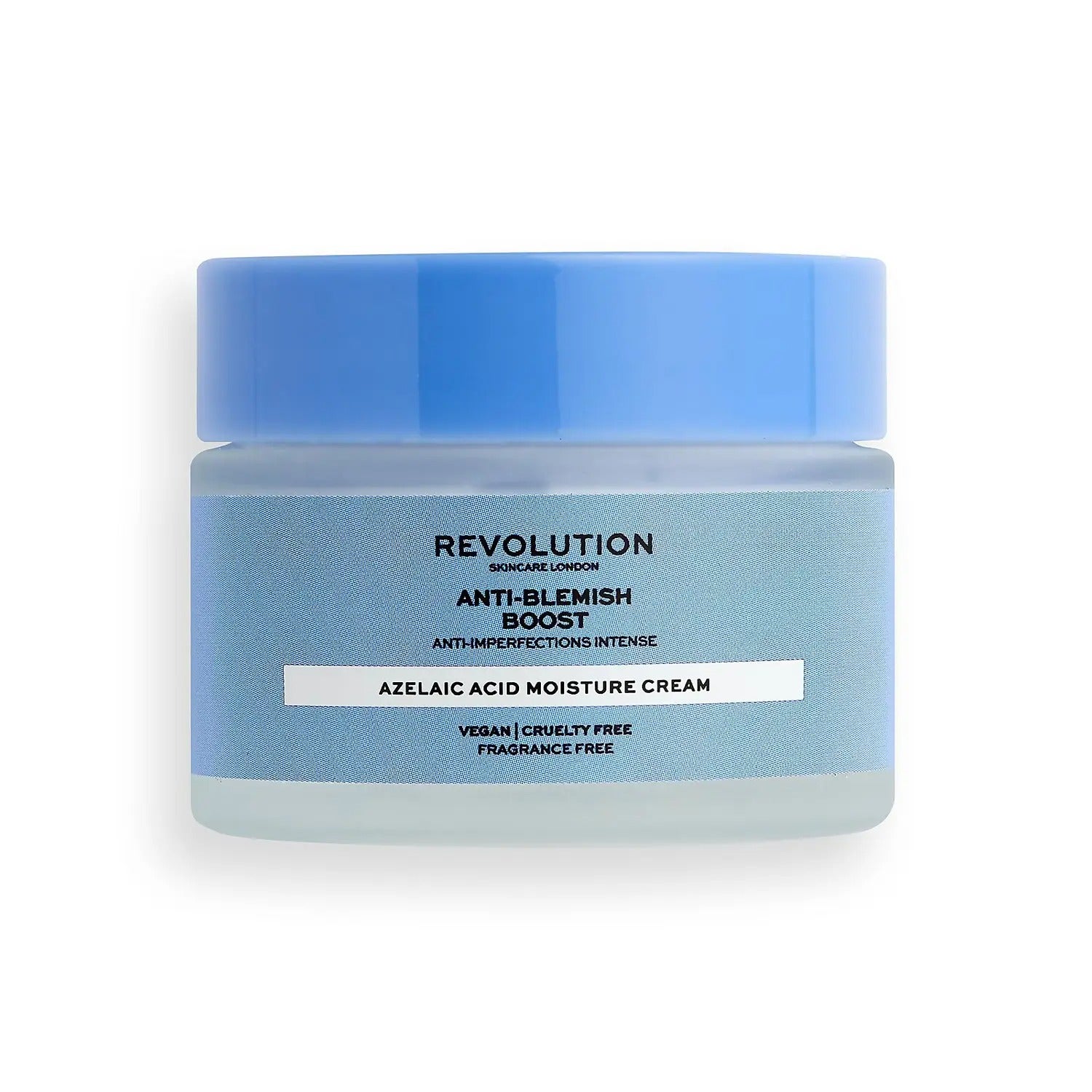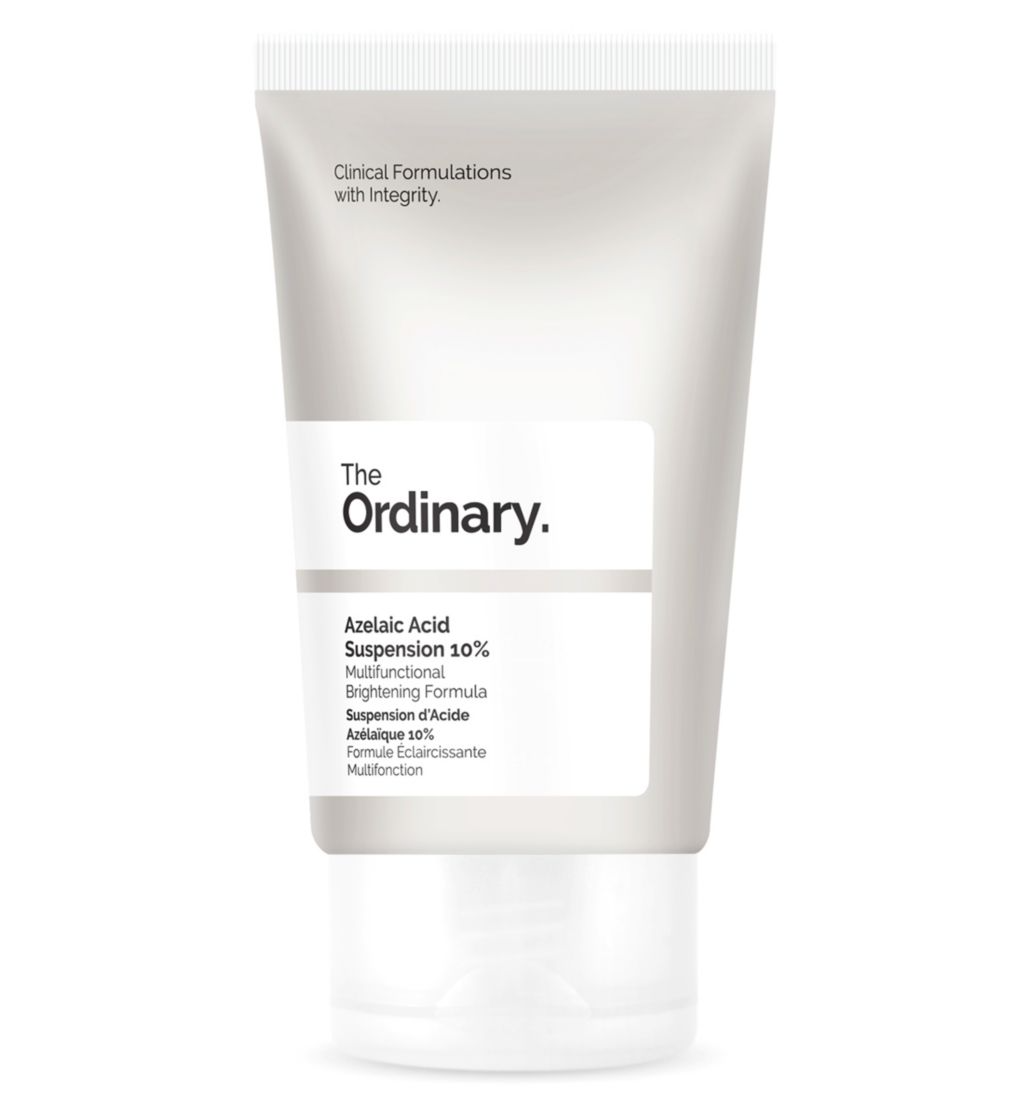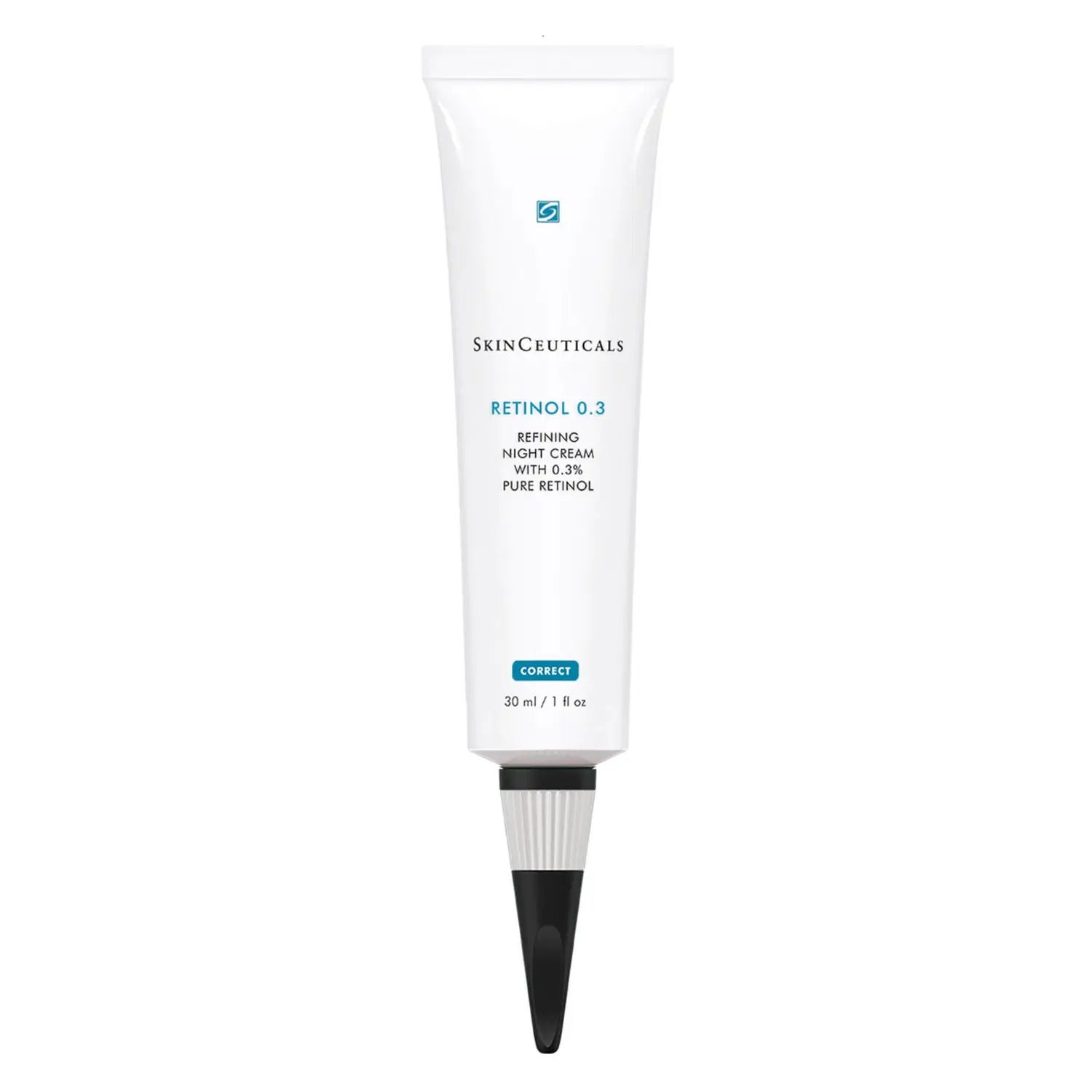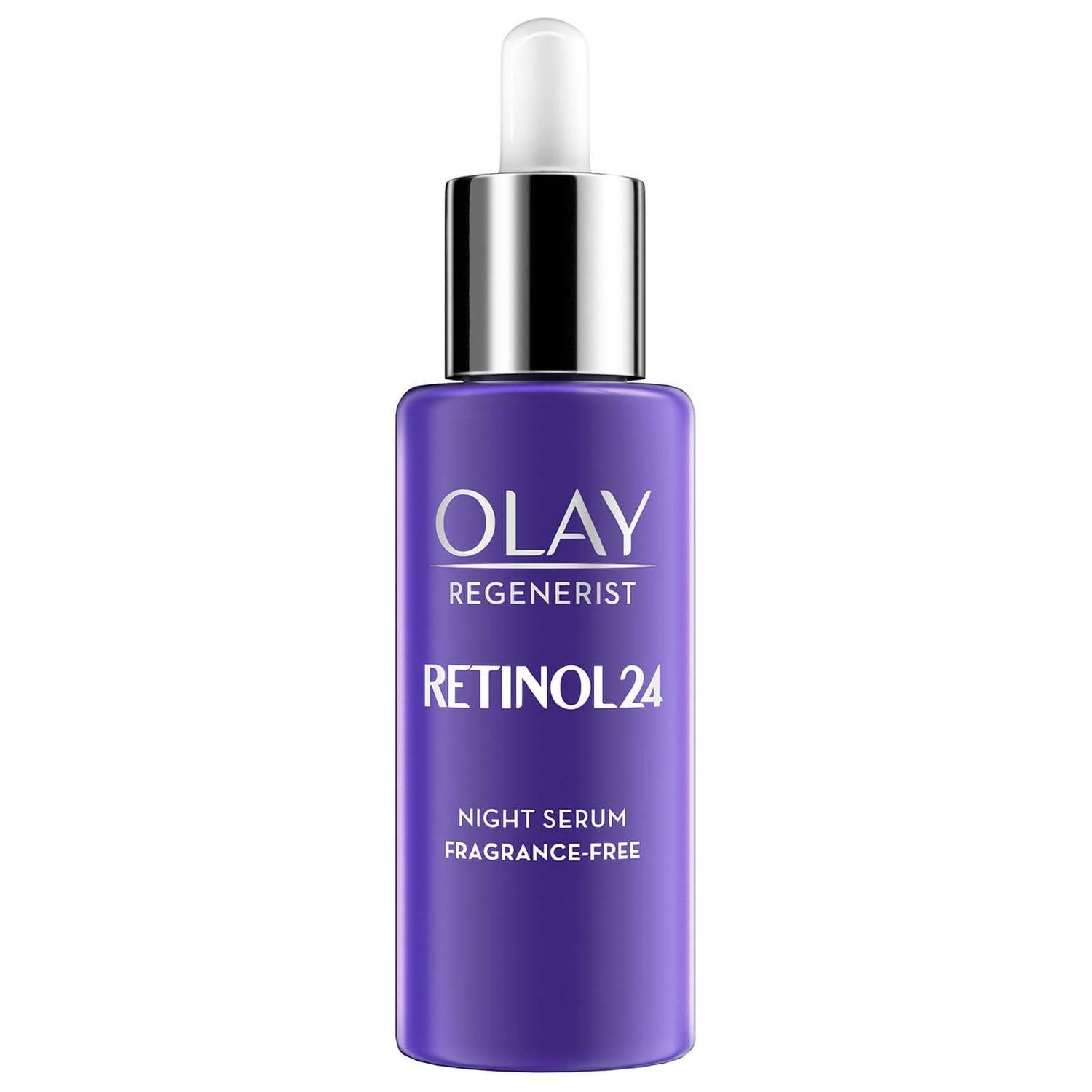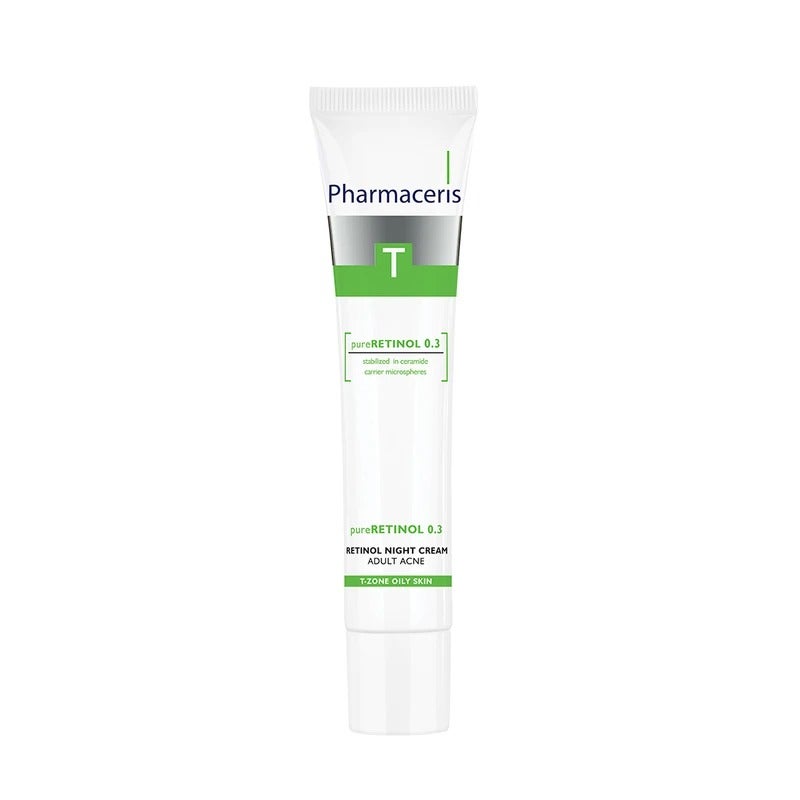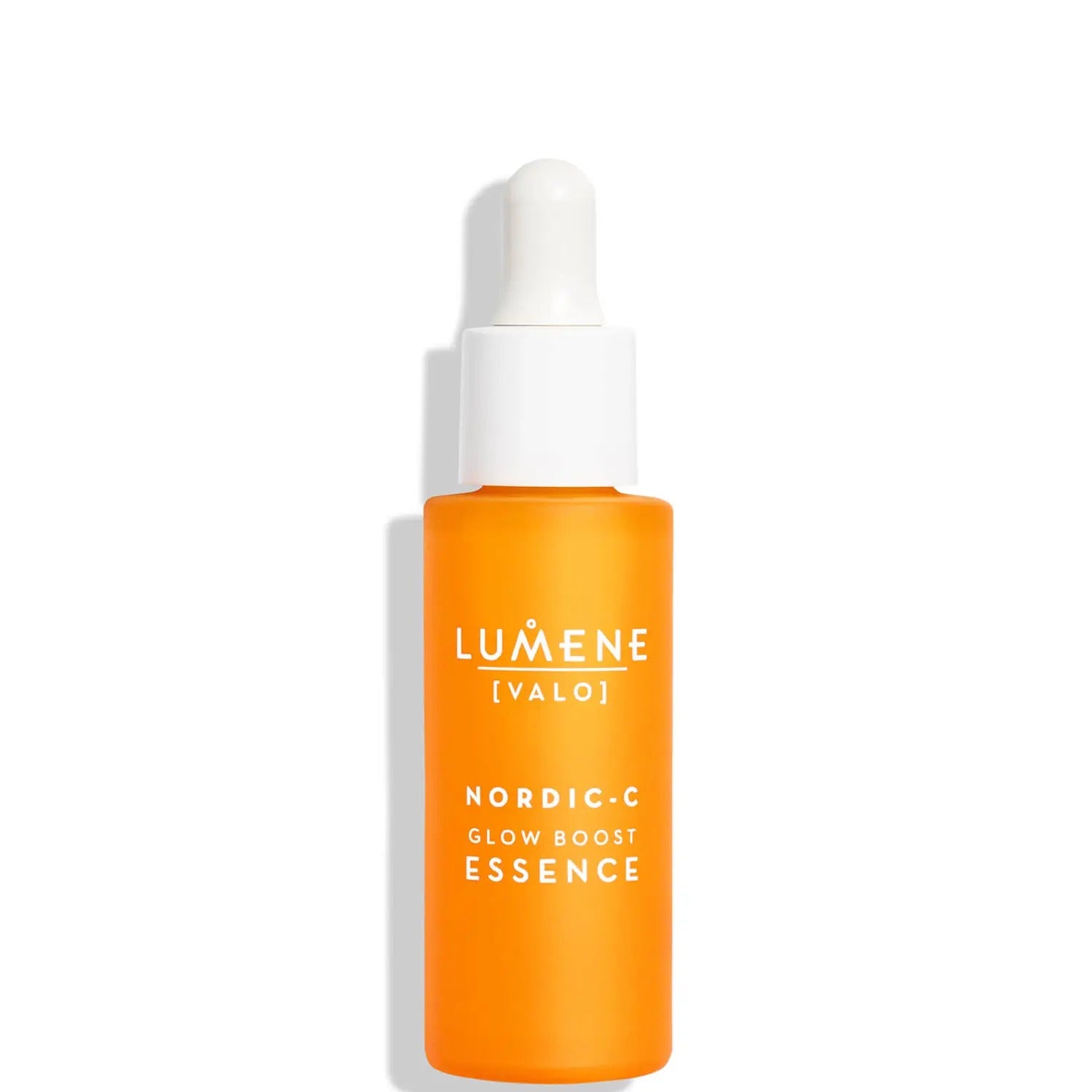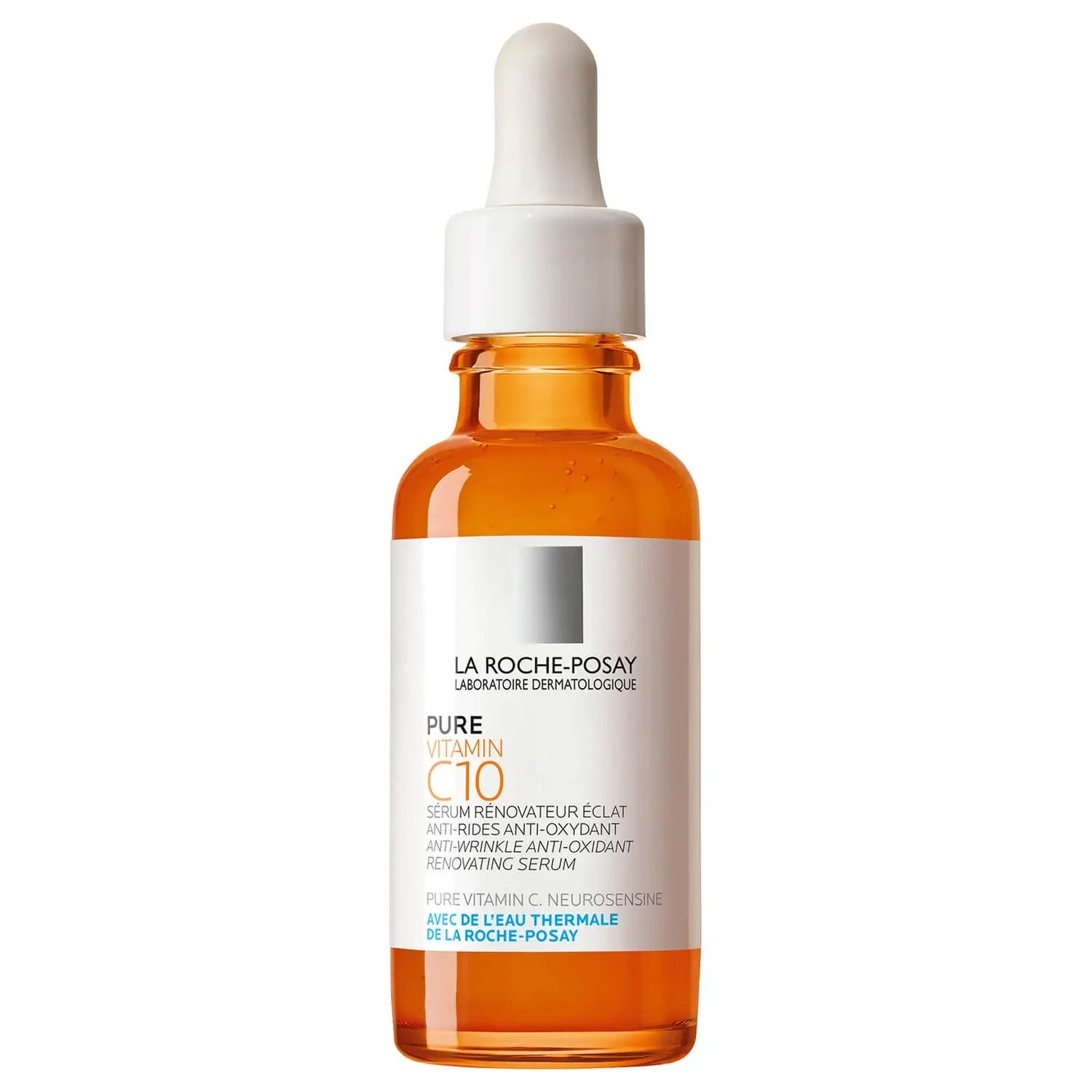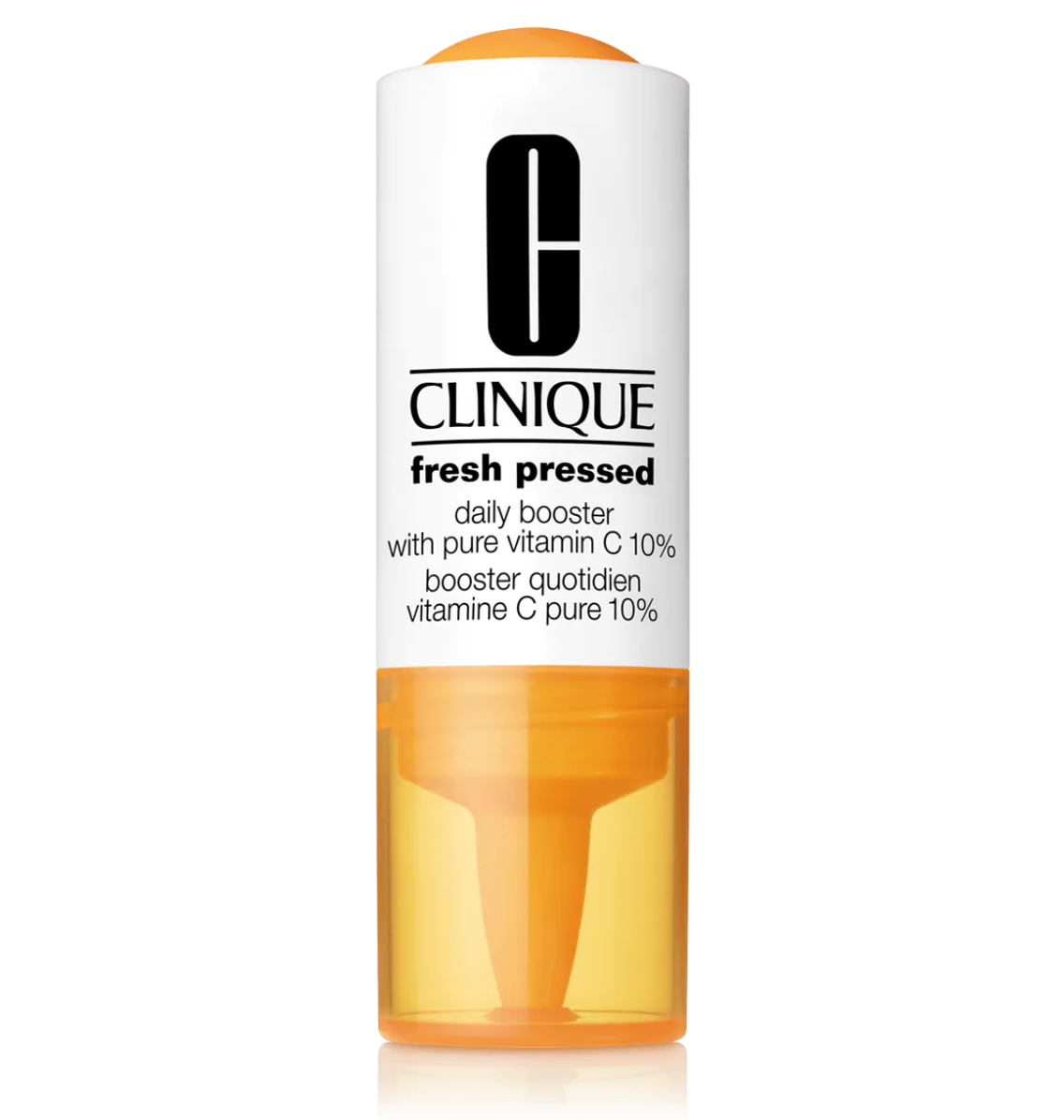Whether you're a skincare enthusiast or simply a cleanse and moisturise type of person, you're probably aware that there are hundreds of buzzy beauty ingredients on the market. There's retinol (beloved by dermatologists for minimising acne and fine lines), kojic acid (which experts recommend for treating hyperpigmentation and dark spots) and the interesting-sounding epidermal growth factors, touted as the natural skincare alternative to Botox. But it's fair to say that none of them creates a buzz quite like vitamin C.
One of the most Googled skincare ingredients right now, vitamin C is an antioxidant, which protects skin from dulling environmental factors like pollution. In the process, it has a brightening effect on skin, minimising discolouration over time. While the ingredient is packed into cleansers, toners and moisturisers, it's arguably best known in potent serum form. Ask any skincare obsessive how to get glowing skin and they'll almost always recommend a product containing vitamin C. But is there a better alternative?
AdvertisementADVERTISEMENT
If you're following consultant dermatologist Dr Anjali Mahto on Instagram, you'll know that she is one of the most honest and trustworthy pros across social media. In a recent Instagram live video, Dr Mahto was asked whether she recommends vitamin C, as other experts swear by it — and her answer was surprising. "Do I swear by it? I've got to be honest, I don't," she told her followers. "I'm not regular about using a vitamin C in my own skincare routine, and personally, I could take it or leave it." Dr Mahto went on to explain that while there is solid data on the benefits of vitamin C, formulations are good and it's a nice product to use, she doesn't like layering lots of products onto her skin. "I don’t like products being layered on my patients' skin, either," Dr Mahto explained. "The more variables I put into my treatment plan, the more likely it is that you will get peeling, irritation and sensitivity. I would rather use less products but use more effective products."
Depending on the formula, some vitamin C serums can be very strong and cause irritation, such as red, sore, flaky skin. There are some brilliant, gentle products out there but what does Dr Mahto like using instead? She mentioned that she likes a morning skincare routine that features azelaic acid instead. "The reason is because azelaic acid is good for pigmentation, it's anti-inflammatory and evens out skin tone." In other words, it works similarly to vitamin C but is arguably more effective. After cleansing, Dr Mahto said she massages a pea-size amount of azelaic acid onto her skin, waits a couple of minutes, then follows with moisturiser and sunscreen. Sunscreen is a must when using acids and in general to protect skin against UV rays, which age skin prematurely.
AdvertisementADVERTISEMENT
Dr Mahto uses prescription strength azelaic acid (Skinoren 20% Cream, £38.97) but over-the-counter products are available. If you're on a budget, try The Ordinary's Azelaic Acid Suspension 10%, £5.50, which can be used in the morning or the evening. Revolution Skincare's Anti-Blemish Boost Cream with Azelaic Acid, £10, is also a steal and features a very effective amount of the brightening ingredient. Paula's Choice Azelaic Acid Booster, £37, helps to fade sun damage and can be mixed with your favourite moisturiser. As with any new skincare ingredient, it pays to start slowly. Try incorporating azelaic acid into your skincare routine around twice a week at first and slowly build up use.
So that's Dr Mahto's morning routine down. What about the evening? "If you come to see me and we talk about skincare routines, my patients know that they all get told about the importance of vitamin A," otherwise known as retinol. Dr Mahto says this is great for acne and ageing skin. "Once I've got that in my routine, I like a routine that has azelaic acid in the morning and vitamin A at night. I generally find that together, that combination works." If you're not already using a retinol serum, Dr Mahto recommends SkinCeuticals Retinol 0.3% Cream, £65, for beginners. You might also like Olay Regenerist Retinol24 Night Serum, £38, or Pharmaceris T Pure Retinol 0.3, £16, if you don't want to splurge. Dr Mahto also hits home the importance of wearing sunscreen in the daytime if you're using either or both retinol and azelaic acid, as they can make skin sensitive to sunlight.
AdvertisementADVERTISEMENT
If you're not sold on azelaic acid just yet and want to stick to vitamin C, opt for something gentle. R29 rates Lumene's Nordic-C Glow Boost Essence Serum, £29.90, which quickly reduces skin staining left behind by spots, as well as La Roche-Posay's Pure Vitamin C10 Serum, £40, and Clinique's Fresh Pressed Daily Booster With Pure Vitamin C 10%, £60 for four 8.5ml vials. Lastly, a top tip: boost the radiance-enhancing effects of vitamin C with a layer of high factor sunscreen, for example factor 30 or 50.
Refinery29's selection is purely editorial and independently chosen – we only feature items we love! As part of our business model we do work with affiliates; if you directly purchase something from a link on this article, we may earn a small amount of commission. Transparency is important to us at Refinery29, if you have any questions please reach out to us.
